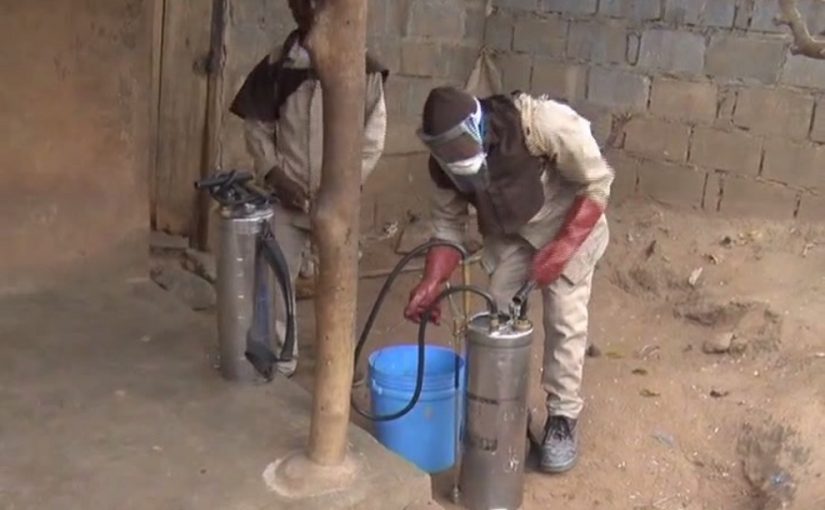Mozambique: Cabo Delgado, Nampula & Niassa Humanitarian Snapshot, as of June 2025
New strategy against malaria unveiled

TVM (File photo)
The National Malaria Control Programme (PNCM) in Mozambique’s Ministry of Health plans to reduce the prevalence of malaria in the country from the current figure of 40 per cent to 24 per cent by 2022.
According to the head of the PNCM, Baltazar Candrinho, this means that currently four out of every ten Mozambicans are carrying the malaria parasite in their bloodstream.
He was speaking in Maputo on Wednesday at the annual meeting of the PNCM, which unveiled the Strategic Plan against Malaria for the period 2017-2022. Candrinho said the Health Ministry is committed to reducing the prevalence of malaria which remains the largest single cause of death in the country (particularly among children), and the main cause of hospitalisation.
Candrinho said the new plan adopts a different approach, varying anti-malarial measures depending on the epidemiological situation in each district.
“The great innovation is that the country has zones of high, medium and low malaria transmission, and our interventions will be undertaken in accordance with this situation”, he explained. “Where we have a zone of high transmission, we hope to use interventions that will transform it into a zone of medium transmission. We then use the interventions for a zone of medium transmission to convert it into one of low transmission”.
In areas where transmission is already low, the programme will aim for complete elimination of the disease.
The plan seeks to ensure that all Mozambicans have access to at least one method of preventing malaria (usually either an insecticide treated bed net, or spraying the house against mosquitoes). The focus, said Candrinho, is on pregnant women and children under the age of five.
Among the objectives of the programme is effective communication with the public, ensuring that communities receive appropriate messages that will change their attitude towards malaria, by ensuring that they allow children to sleep under nets, and permit their homes to be sprayed with insecticide.
Health Minister Nazira Abdula told the meeting that the large number of malaria cases remains a serious concern for the government particularly in the entire central zone (Zambezia, Tete, Manica and Sofala provinces), and the southern provinces of Gaza and Inhambane. These six provinces have recorded an increase in diagnosed cases of malaria this year.
“Malaria interferes in the economic and social development of the country”, said Abdula. “It fuels a cycle of disease and poverty because of the high rates of absenteeism from school and from work that it causes”.
The data from the Ministry show that 7.5 million cases of malaria were recorded in 2016, which was an increase of 18 per cent on the figure for 2015. However, the number of known deaths from the disease has fallen by 32 per cent, from 2,465 in 2015 to 1,685 in 2016.












Leave a Reply
Be the First to Comment!
You must be logged in to post a comment.
You must be logged in to post a comment.